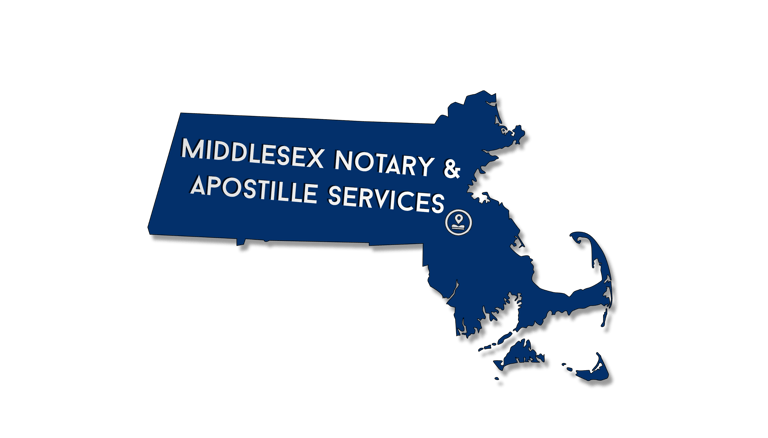The Importance of Notary Services for Skilled Nursing Facilities in Massachusetts
11/21/20251 min read


Understanding the Role of Notaries in Skilled Nursing Facilities
In the realm of healthcare, particularly within skilled nursing facilities, the role of a notary is often overlooked. A notary public serves as an impartial witness during the signing of important documents, ensuring that the individuals entering agreements act willingly and are properly identified. This process is vital in the delicate environment of skilled nursing facilities in Massachusetts, where legal and medical documentation is critical to the well-being of patients.
Legal Documentation Requirements for Nursing Facilities
Skilled nursing facilities generate a multitude of documents daily, ranging from patient consent forms to advanced directives. Each of these documents requires a notary to ensure legality and prevent future disputes. By employing notary services, nursing facilities can confidently create binding agreements that are essential for patient care and the facility's operational integrity.
Benefits of Hiring a Notary for Skilled Nursing Facilities in Massachusetts
Utilizing a notary within skilled nursing facilities in Massachusetts presents several advantages. Firstly, it safeguards against fraud, as notaries verify the identities of all parties involved and witness their signatures. Furthermore, this ensures that patients fully understand the documents they are signing, thereby protecting their rights and establishing informed consent.
Additionally, the presence of a notary can expedite processes within the facility, as legal documents can be executed on-site without the need for external notarization. This efficiency not only benefits the nursing staff but also enhances the overall experience for patients and their families.
In summary, the importance of notary services within skilled nursing facilities in Massachusetts cannot be overstated. As the healthcare landscape continues to evolve, these services remain pivotal in ensuring the integrity of legal documentation, safeguarding patient rights, and fostering trust in healthcare practices. By understanding and utilizing the expertise of notaries, skilled nursing facilities can continue to provide high-quality care while maintaining compliance with legal requirements.
Need notary?
Need a notary or apostille today? Fill out the form below and our team will get back to you within minutes.
Phone
(781) 226-8331
Available 24/7 — Call or Text Anytime
© 2025. All rights reserved.
